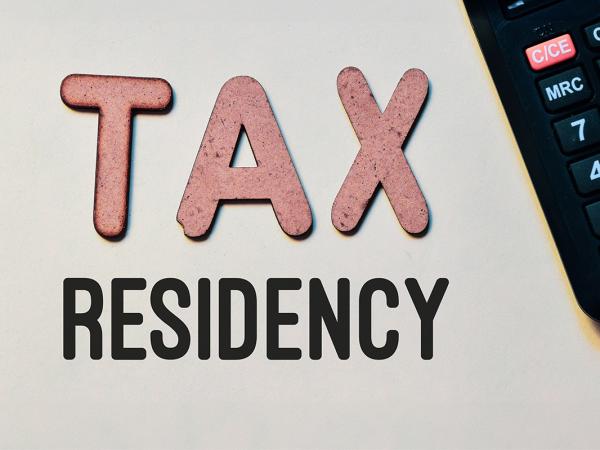UK tax residence
Your UK tax residence status is fundamental in determining how you are taxed in the UK. Here we look what we mean by ‘UK tax resident’ and introduce how it is determined.
Content on this page:
The statutory residence test
Since 6 April 2013, there has been a statutory residence test (SRT) in the UK to determine your UK tax residence status – this means that the rules for UK tax residence are set out in law.
Prior to 6 April 2013, residence was a general term, with no legal definition. Residence was therefore determined based on case law and HMRC’s guidance. However, the position under both sets of rules is broadly the same for most people.
The number of days you spend in the UK is very important when working out your residence status under the SRT:
- If you spend fewer than 16 days in the UK in a tax year than you will always be non-resident in the UK for that year.
- If you spend 183 days or more in the UK then you almost certainly will be resident in the UK for that year.
- If you spend between 16 and 183 days in the UK during a year, then you need to consider your wider circumstances to work out if you are resident in the UK under the SRT.
There is more detail on the page The statutory residence test.
Normally you are tax resident (or not) in the UK for a complete tax year. However, sometimes you can split the tax year. In this instance, the year is split into a UK part and an overseas part.
Dual residence
It is also possible to be tax resident in both the UK and another country at the same time. This is called dual residence.
In this situation, you should consider if there is a double tax agreement between the two countries. If so, the agreement will usually include ‘tie-breaker’ provisions so you can determine which one of the two countries you are resident in for the purposes of the agreement (this country is where you will be ‘treaty-resident’) – and therefore how any double taxation should be resolved.
Telling HMRC your residence status
There is no formal requirement in the UK to agree your residence status with HMRC (or even to advise them of your arrival in the UK).
GOV.UK provides information if you need a certificate of residence for the tax authorities in an overseas country.
However, if you are required to submit a tax return you will need to complete SA109 ‘Residence, remittance basis etc.’ supplementary pages if your residence status is relevant to the entries on your tax return (for example, if you have left out your foreign income and gains on the basis that you consider yourself to be non-resident in the UK). This is then subject to potential enquiry by HMRC if they wish to challenge the position you have taken.
It is not currently possible to file the SA109 pages online using HMRC’s online filing portal. You will therefore need to file on paper (subject to an earlier deadline) or using commercial software. Alternatively, you can engage a tax adviser to file the return on your behalf.
If you wish to exclude income or gains from UK tax under a double tax agreement, then you will need to make a claim in order to effect that. This is normally done by filling in and submitting helpsheet HS302 (if you are dual resident) or HS304 (if you are non-resident).
It is important that you keep sufficient records to justify the position you have taken, if necessary. See our information on record-keeping.


